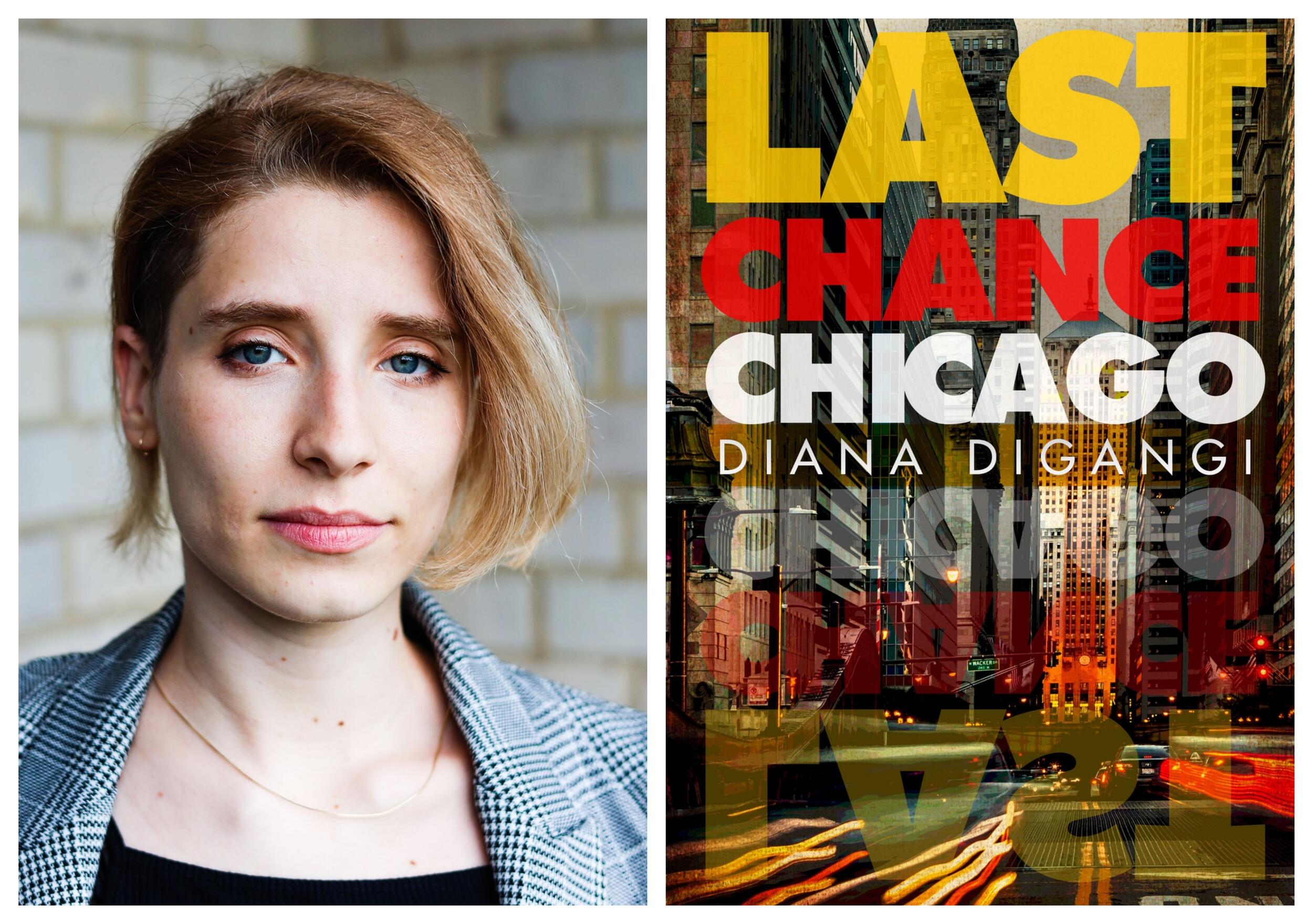
Oct. 5, 2023
With mystery novel, VCU grad Diana DiGangi puts investigative journalism skills to work
Share this story
Diana DiGangi is naturally drawn to mysteries, especially if they involve white collar crimes. Her first book, “Last Chance Chicago,” is a testament to that ongoing attraction.
When she began the writing process for the novel in 2017, she knew she wanted to write about a female protagonist. The plot she settled on involves an attorney and recovering cocaine addict who must defend her estranged ex-wife who has been falsely charged with insider trading.
“I wanted to write about someone who makes complicated decisions but has growing to do,” said DiGangi, who earned her bachelor’s and graduate degrees in mass communication from the Richard T. Robertson School of Media and Culture in the College of Humanities and Sciences at Virginia Commonwealth University. “I went through what I wanted to cover and explore and how I could make all of this make sense.”
It took her approximately three years to write the book and another two years to secure a publisher and finish the editing process. Her book was released in December 2022 by Bywater Books. The audio edition debuted in July.
“I was looking for a woman-focused publisher because the book is about a relationship between two women,” DiGangi said. “The publishing company had a high standard. I felt like I could trust them with this book.”
When the book was released, she was excited to see people’s reactions.
“It was gratifying,” she said.
A native of Northern Virginia, DiGangi was drawn to VCU because of the reputation of the School of the Arts and the university’s humanities program as well as the city’s creative and food-oriented culture.
She originally planned on majoring in photojournalism but switched to journalism because she felt it offered “a more stable career,” she said, adding she always had a natural interest in photography and storytelling.
She credits her interest in journalism to her maternal grandparents. “They were avid readers of newspapers and magazines,” she said.
She describes the journalism program at VCU as “fantastic” in part because of the many professors who spent the majority of their careers as journalists.
“They provided a wealth of experience and knowledge,” she said. “Professor Mary Ann Owens, for example, was a gifted storyteller and a mentor.”
She also singles out Jeff South, an associate professor emeritus of journalism. “He provided so much insight into the industry and gave a feeling of being an editor to us as students in addition to being a professor,” she said. “It felt like he respected us as journalists.”
DiGangi worked for Capital News service and interned with WTVR-TV while getting her bachelor’s degree and went to work for WDCW-50 during her master’s degree. After graduating, she spent a few years in television and web production before becoming a reporter for the news organization Inside Washington Publishers, which provides a variety of news services.
“I decided to get out of television because there weren’t a lot of meaty reporting and investigating opportunities unless you wanted to be on air,” she said.
Being on staff taught DiGangi a great deal about the federal government, the law and the courts.
“I had the opportunity to write meaty pieces about conflicts inside and outside of the EPA and conflicts over chemical laws. I got to work with EPA whistleblowers on a series about how managers were dealing with chemical evaluations,” she said. “All the time, I was also a freelance photographer.”
Now working for Industry Dive, a business-to-business news organization, she works on subjects involving utilities and renewable energy as well as regulatory developments and the southeast energy grid.
“I sometimes cover Dominion Power like I did when I was working with Capital News Service at VCU,” she said.
Having her book released was a surreal moment for her.
“I felt grateful for how supportive everyone in my life has been,” she said. “I was emotionally moved by how moved my friends and family were. They said I had inspired them to create and explore their talents more.”
Now working on her second book, DiGangi is using what she has learned through the process.
“Once you have done it, you realize you can do it and that it’s possible,” she said. “It’s a freeing feeling. I have more confidence in myself.”
Subscribe to VCU News
Subscribe to VCU News at newsletter.vcu.edu and receive a selection of stories, videos, photos, news clips and event listings in your inbox.







